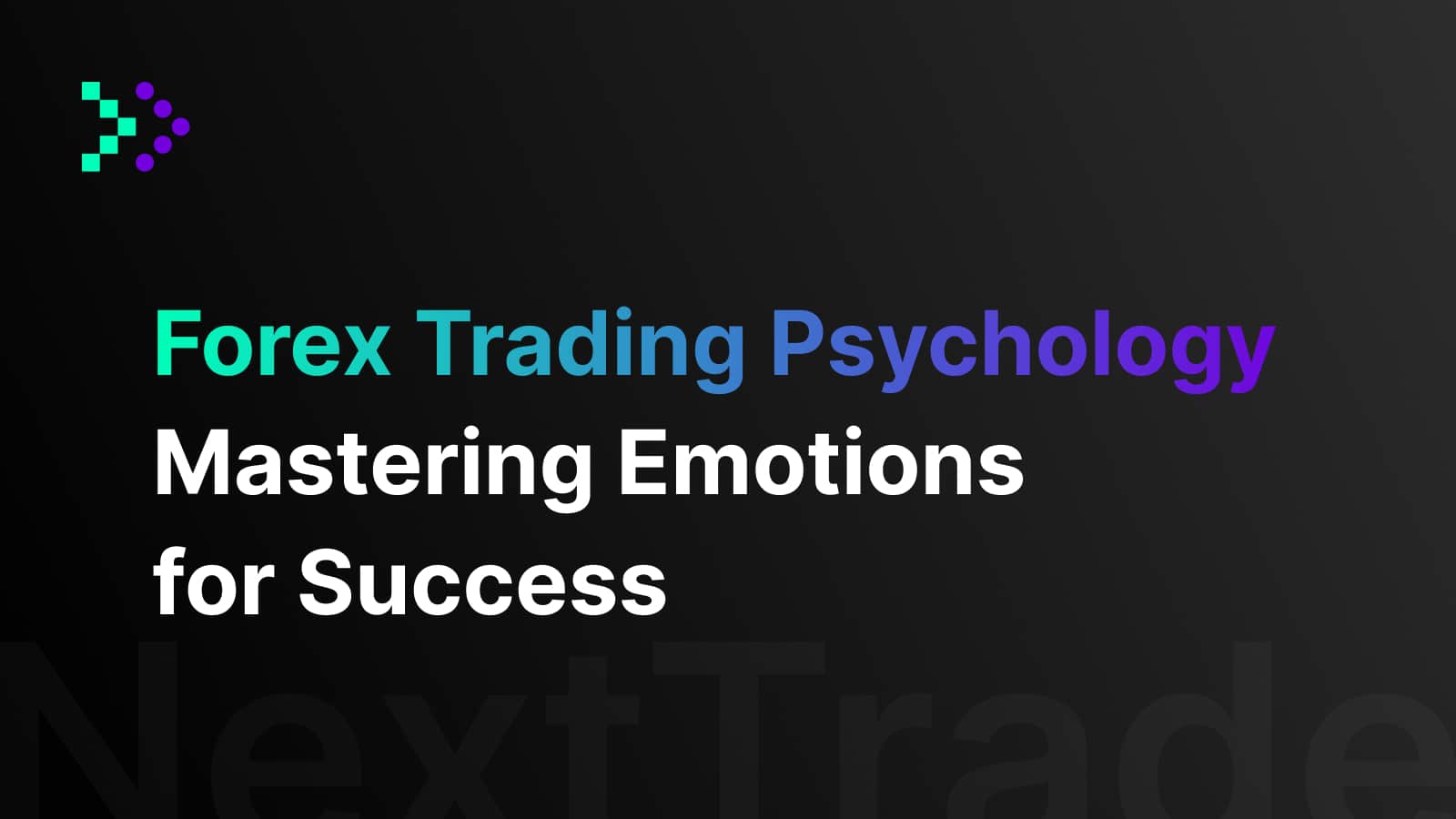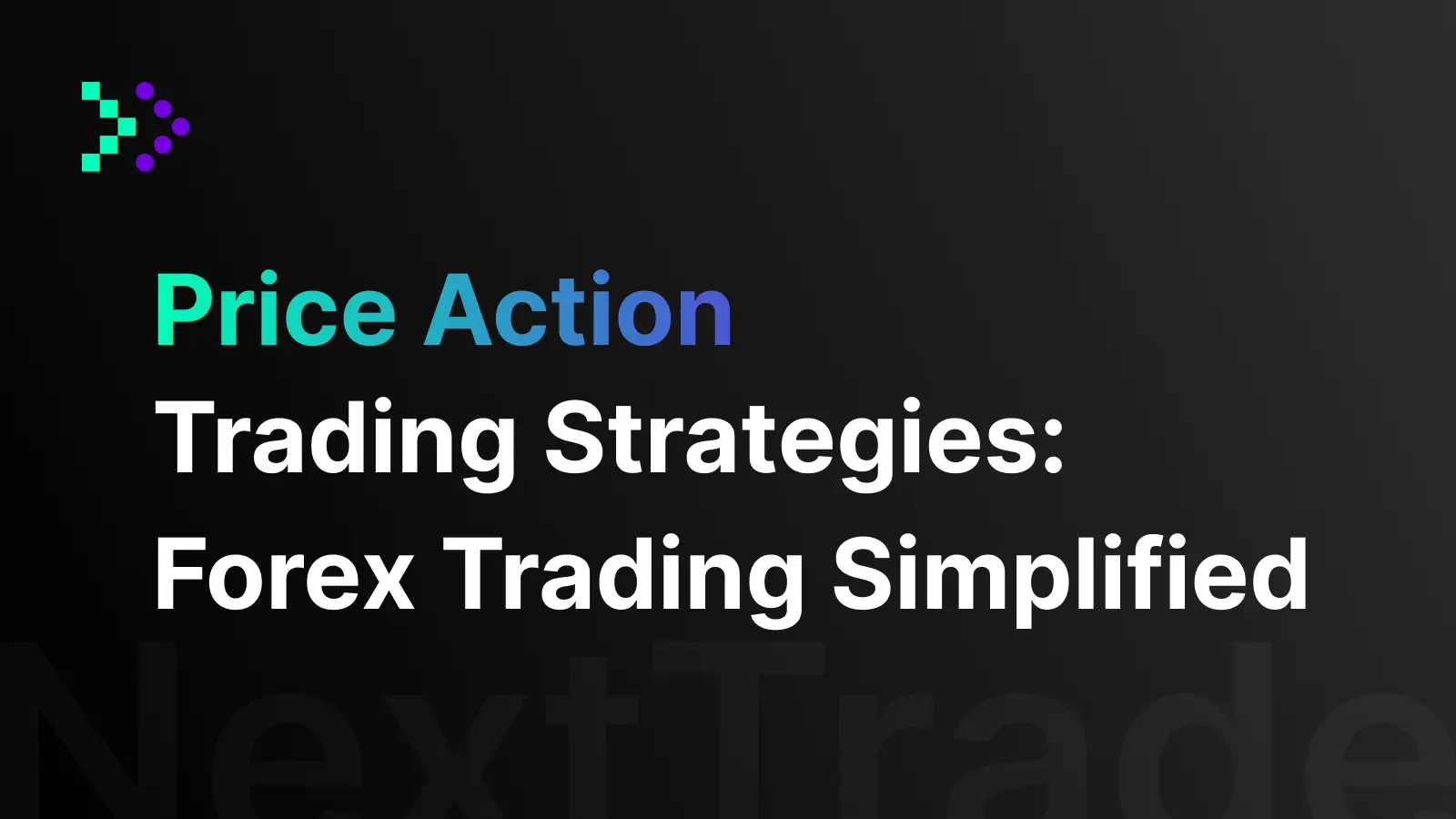
Forex Trading Psychology – Mastering Emotions for Success
Introduction
Ask any experienced trader what separates successful traders from the rest — and most won’t mention indicators or technical setups. Instead, they’ll tell you the real edge lies in mastering your mindset.
Forex trading psychology plays a crucial role in long-term success. No matter how solid your strategy is, it’s your ability to stay calm, focused, and disciplined under pressure that often determines your results.
In this guide, we’ll explore common psychological challenges in trading, practical strategies for emotional control, and how to build a strong, consistent trader mindset.
Why Psychology Matters in Forex Trading
Forex trading is fast-moving, unpredictable, and deeply influenced by human emotion. Price moves reflect the collective fear, greed, and reactions of millions of traders worldwide.
But while market psychology is out of your control — your own psychology isn’t.
Mastering your mindset helps you:
- Stick to your plan during drawdowns
- Avoid overtrading or revenge trading
- Control fear during volatile moves
- Stay confident through winning and losing streaks
As the saying goes:
“You don’t trade the market — you trade your beliefs about the market.”
Common Psychological Challenges in Trading
Let’s look at some of the most frequent mindset obstacles traders face:
😨 1. Fear
Fear shows up as hesitation to enter trades, early exits, or avoiding the market altogether after a loss.
What it causes: Missed opportunities, inconsistent execution
🤑 2. Greed
Greed tempts traders to overleverage, chase profits, or ignore risk management when a trade is going well.
What it causes: Blown accounts, lack of discipline
😡 3. Revenge Trading
After a losing trade, emotions can override logic — leading traders to jump into a new position impulsively.
What it causes: Emotional decisions, poor setups, bigger losses
📉 4. Impatience
Wanting results too quickly leads to overtrading and abandoning strategies that need time to play out.
What it causes: Burnout, lack of trust in the process
Strategies for Emotional Control in Forex Trading
Building mental resilience doesn’t happen overnight. But with conscious practice, you can develop a mindset that supports success.
Here’s how:
🧠 1. Use a Trading Plan as Your Anchor
A detailed trading plan eliminates guesswork and emotional decisions. It should include:
- Entry and exit rules
- Risk per trade
- Trade size
- Maximum trades per day/week
Following your plan forces you to act with logic, not emotion.
⏳ 2. Accept That Losses Are Part of the Game
Even the best traders take losses. What matters is how you manage them.
Reframe losses as feedback, not failure — and measure your success by how well you follow your system, not just how much you make.
📓 3. Keep a Trading Journal
Write down:
- Why you took each trade
- How you felt before and after
- What you learned
Over time, this reveals patterns in your trader mindset — helping you fix recurring mistakes or improve habits.
🧘 4. Practice Mindfulness or Visualization
Simple breathing exercises, meditation, or visualizing your trades before the session can help calm your mind and prepare you for execution without emotion.
Building a Disciplined Trading Routine
Discipline isn’t just about sticking to your plan. It’s also about creating routines that keep you grounded — regardless of the market.
Here’s what that looks like:
Habit | Why It Helps |
✅ Pre-market checklist | Prepares you mentally before jumping in |
✅ Fixed trading hours | Prevents impulsive or random trades |
✅ Breaks after trades | Helps reset your mind between decisions |
✅ Review session each week | Encourages long-term growth and reflection |
“Discipline is the bridge between goals and results.”
– Jim Rohn
Final Thoughts
Forex trading psychology isn’t a nice-to-have — it’s the foundation everything else is built on.
Mastering your emotional control, developing strong trading discipline, and building a repeatable routine are what keep you consistent in a world that’s anything but.




